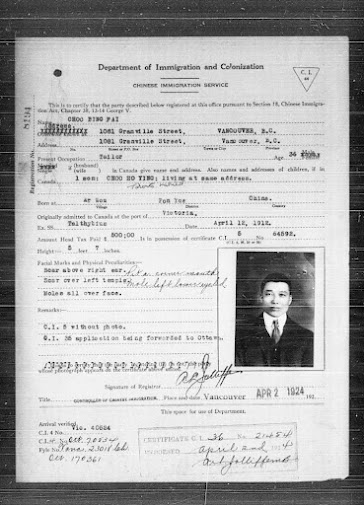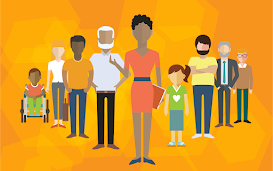 |
Juicero, circa 2013 |
The author relates this to the academic librarian's environment, where career advancement relies on showcasing innovation. I've certainly experienced this myself, having been caught up in the euphoria of Web 2.0, Library 2.0 and the semantic web just a decade ago -- a sign of the obsession with innovation in academic librarianship, driven by a corporatized academia that prioritizes measurable achievements and publications. The pressure to constantly innovate, often for its own sake, can lead to impractical projects that consume time and resources without addressing genuine needs.
Glassman recounts a scenario where MLIS students suggested changing a popular reading collection to be less "object-centric" without providing a clear vision for the alternative. Thus, the rush for constant innovation can result in ideas that lack practicality and fail to meet the actual needs of patrons.
The author reflects on personal experiences of succumbing to the pressure to innovate, even when existing methods were effective. The obsession with innovation is deeply ingrained in the academic librarian profession, fueled by the need for immediate and tangible outcomes to justify investments. I've witnessed this myself, playing a hand in accepting directives while secretly scratching my head at the logic of decisions.
As a solution, the article proposes looking to the Slow Movement for guidance, advocating for a Slow Librarianship approach that prioritizes reflection and meaningful practices over a constant pursuit of impressive achievements. This alternative approach aims to provide deeper, more lasting, and more human services to patrons by rejecting the constant need for innovation and allowing for more thoughtful and responsive practices. It's something that I'm still trying to integrate into my own work and approach to my life. It's always a work in progress. Thankfully, it's not considered innovative.











